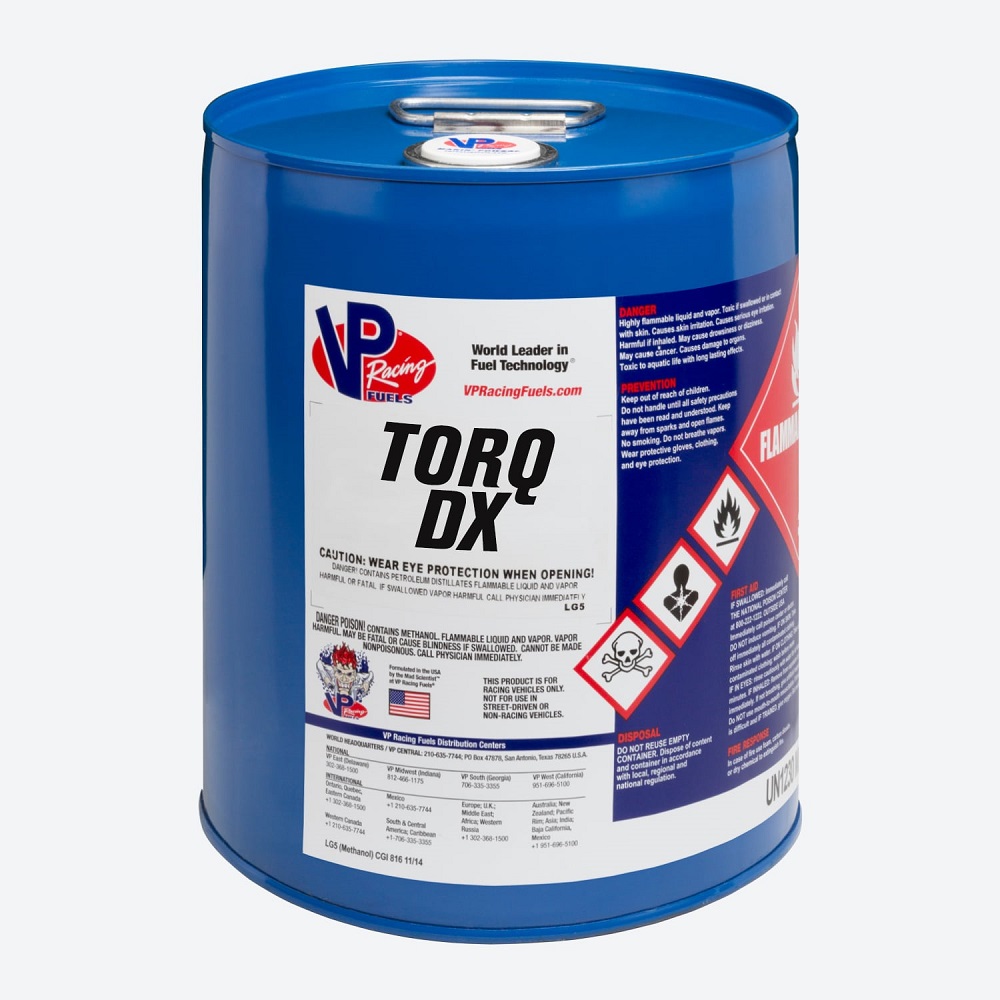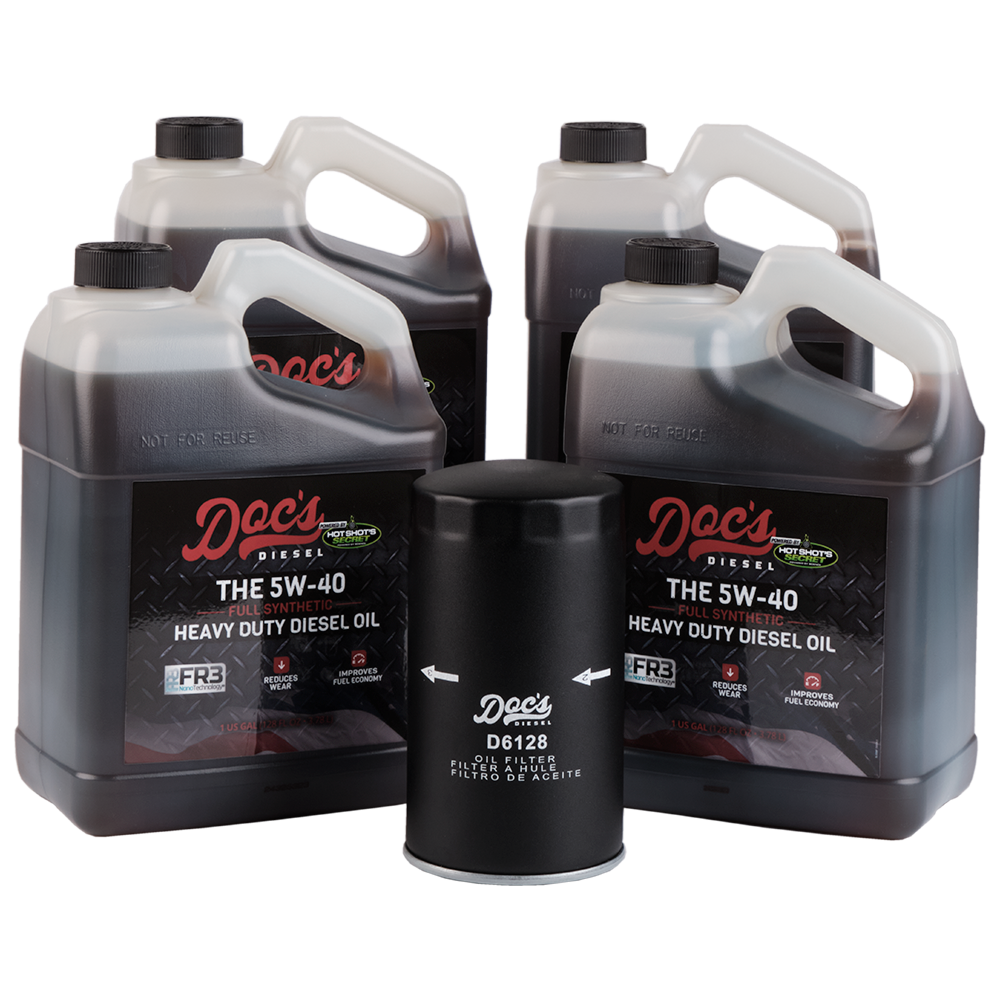Introduction to Diesel Fuel
Understanding Diesel Fuel
Diesel fuel is a type of fuel specifically designed for diesel engines, which are known for their efficiency and durability. It is commonly used in various applications, from passenger vehicles to heavy-duty trucks, buses, and machinery. The primary characteristics of diesel fuel are its higher energy density and efficiency compared to gasoline. This energy density gives diesel engines the ability to produce more power when required. Over time, diesel fuel has evolved to meet the demands of modern technology, environmental regulations, and industry standards.
The Importance of Diesel Fuel in the Economy
Diesel fuel plays a critical role in the economy, especially in industries reliant on transportation and logistics. Heavy trucks, which predominantly run on diesel, carry a significant portion of freight across vast distances. This mode of transportation is essential for the timely delivery of goods and contributes to economic growth. Furthermore, agricultural machinery, generators, and construction equipment predominantly use diesel fuel. The demand for these applications sustains the production and distribution of diesel, making it an important commodity in the global market.

Environmental Considerations
The environmental impact of diesel fuel has become a pressing concern in recent years. While diesel engines are often more fuel-efficient than gasoline engines, they can produce higher levels of nitrogen oxides (NOx) and particulate matter. This has led to stricter regulations aimed at controlling emissions from diesel engines, particularly in urban areas. The evolution of cleaner diesel fuel types and the introduction of advanced emission control technologies have been essential in addressing these issues. Understanding the types and specifications of diesel fuel can help consumers make informed choices that align with environmental standards.
Types of Diesel Fuel
Diesel #1 (DF-1)
Diesel #1, also known as DF-1, is a refined type of diesel fuels designed for low-temperature performance. It has a lower viscosity compared to Diesel #2, making it less likely to gel under cold conditions. This attribute makes Diesel #1 ideal for use in colder climates where winter temperatures can drop significantly. However, Diesel #1 generally has a lower energy density and slightly less lubricity than Diesel #2. As a result, it might not provide the same level of efficiency in warmer climates. When selecting diesel fuel for use in cold weather, Diesel #1 is recommended to ensure proper engine performance.
Diesel #2 (DF-2)
Diesel #2, or DF-2, is the most commonly used diesel fuels for general applications, particularly in road vehicles. It offers a higher energy density than Diesel #1, making it suitable for most class 3 to class 8 trucks, buses, and heavy machinery. The higher viscosity of Diesel #2 contributes to greater lubricity, which is essential for the efficient operation of diesel engines. When purchasing diesel fuels, what may be more beneficial in warmer climates is Diesel #2. It tends to perform well under a variety of temperature conditions and applications.

Biodiesel
Biodiesel is a renewable alternative to traditional fossil diesel fuels, made from plant oils, animal fats, or recycled cooking grease. This type of fuel can be blended with conventional diesel fuel or used in pure form (B100) in diesel engines designed to handle biodiesel. Biodiesel burns cleaner than fossil fuels, resulting in lower emissions of carbon dioxide and particulate matter. Biodiesel is often popular among eco-conscious consumers seeking greener fuel options. It is essential to check compatibility with your engine, as using biodiesel may require specific adjustments or modifications in some diesel engines.
Diesel Specifications
Cetane Number
The Cetane number is a crucial specification indicating the ignition quality and combustion efficiency of diesel fuels. The higher the Cetane number, the better the fuel’s ability to ignite quickly and burn effectively in the engine. Fuels with Cetane numbers of 40 to 55 are generally considered acceptable for most diesel engines. Low Cetane numbers can lead to rough engine operation and increased emissions, which affect overall performance. Choosing diesel fuels with an appropriate Cetane number is essential for optimal engine performance and longevity.
Sulfur Content
Another important specification of diesel fuel is its sulfur content. Sulfur in fuel can lead to harmful emissions, contributing to air pollution and acid rain. To address these concerns, regulations have mandated that diesel fuel contain only minimal amounts of sulfur. Ultra-Low Sulfur Diesel (ULSD) contains a maximum of 15 parts per million (ppm) of sulfur, making it the preferred fuel for modern diesel engines. Fuels that meet these stringent sulfur requirements allow for better emissions control and compliance with environmental regulations.
Density and Viscosity
The density and viscosity of diesel fuel can impact its performance in engines. Density affects the energy content of the fuel, while viscosity influences how well the fuel flows and atomizes within the engine. Generally, diesel fuel has a density of approximately 850 to 900 kg/m³. Viscosity is closely monitored, as it affects injection processes and the overall combustion cycle. Fuel that is too thick may not flow efficiently, leading to poor performance and increased wear on the engine components. Understanding the appropriate density and viscosity ranges for diesel fuel is crucial for maintaining engine health.

Choosing the Right Diesel
Assessing Your Vehicle’s Requirements
When choosing diesel fuel, it is essential to assess the specific requirements of your vehicle. Refer to the owner’s manual to determine the recommended type of diesel and any guidelines about fuel specifications. Some diesel engines may be optimized for high-Cetane fuels, while others might require ULSD to meet emission standards. Additionally, you might wonder, what is the color of diesel? Diesel fuel is typically clear or slightly amber, but its color can vary depending on additives or dye introduced for specific purposes, such as taxation or environmental regulations. Adhering to the manufacturer’s recommendations will ensure optimal performance and help prevent potential engine damage caused by using incorrect fuel types.
Considering Operating Conditions
The conditions in which you operate your vehicle can also influence your choice of diesel fuel. For example, if you frequently drive in cold climates, opting for Diesel #1 or a winter blend may improve engine starting and performance. In contrast, if you operate primarily in warmer regions, Diesel #2 will likely provide better fuel efficiency and service life. Taking into account the temperature, altitude, and terrain when selecting diesel fuel can enhance engine operation and overall vehicle performance.
Looking for Quality Suppliers
When purchasing diesel fuel, seek out reputable suppliers known for providing high-quality products. Reliable sources often ensure that their fuel meets industry specifications and is free from contaminants. Poor-quality fuel can lead to various issues, from poor combustion performance to excessive engine wear. Look for suppliers who maintain their storage tanks and regularly conduct quality assessments. Building a relationship with a trusted provider will help you feel confident in the quality of diesel you are putting into your vehicle.
Understanding Fuel Labels and Certifications
Decoding Fuel Specifications
When purchasing diesel fuels, understanding the labels and certifications can help you make informed decisions. Most fuel pumps will display essential information regarding the fuel type, Cetane number, sulfur content, and any biodiesel content. Familiarizing yourself with these labels will allow you to assess whether the fuel meets your vehicle’s requirements. Always prioritize fuels that have been certified to ensure they meet quality and environmental standards.
Recognizing Government Standards
In various regions, government agencies set standards and regulations for diesel fuels. For example, the Environmental Protection Agency (EPA) in the United States establishes fuel quality standards to reduce emissions and protect public health. Look for fuels that comply with these regulations, as they are designed to enhance engine performance while minimizing environmental impact. Knowledge of these standards ensures that you are selecting fuel that aligns with both your engine’s needs and environmental protection goals.
The Role of Industry Certifications
Industry certifications are essential indicators of quality and performance for diesel fuels. Certifications from organizations like the American Society for Testing and Materials (ASTM) provide assurance that the fuel meets specified safety and performance criteria. Fuel suppliers often display these certifications prominently, giving consumers confidence in the products they are purchasing. Selecting fuel from certified sources can enhance the reliability and longevity of your vehicle.

The Environmental Impact of Diesel
Emissions and Pollution
The use of diesel fuel has its advantages, but it also comes with environmental considerations. Diesel engines can emit higher levels of nitrogen oxides (NOx) and particulate matter compared to gasoline engines. These emissions contribute to air pollution and have significant health implications. Consequently, stricter emissions regulations have been enacted to minimize their environmental impact. Understanding the environmental implications of diesel fuels enables consumers to make informed choices that support sustainable practices while maintaining performance.
Biodiesel as a Greener Alternative
Biodiesel has emerged as a renewable alternative to traditional diesel fuels, promoting sustainability within the transportation sector. Made from biological materials, biodiesel produces lower emissions of harmful pollutants compared to fossil diesel. Using biodiesel can also reduce dependence on non-renewable resources, contributing to a cleaner environment. Many diesel vehicles are now compatible with biodiesel blends, making it easier for consumers to transition to greener fuel options. Embracing biodiesel can be an effective step toward reducing the carbon footprint associated with diesel-powered vehicles.
The Future of Diesel Fuel
Despite growing concerns about environmental issues, diesel fuel is likely to continue playing a vital role in the transportation industry for the foreseeable future. Advances in technology are making diesel engines more efficient and cleaner, while ongoing research seeks to develop more environmentally friendly fuels. Innovations such as improved filtration systems and catalytic converters will increasingly reduce emissions produced by diesel engines. As consumers seek to balance performance with environmental responsibility, the diesel industry will evolve to meet these emerging demands.

Conclusion: Selecting the Right Diesel Fuel
Assess Your Needs and Preferences
In conclusion, selecting the proper diesel fuel involves careful consideration of your vehicle’s specifications, operating conditions, and personal preferences. By familiarizing yourself with the various types of diesel fuels, their characteristics, and any necessary regulations, you equip yourself to make an informed choice. Be sure to assess the quality of the fuel that suppliers offer and choose trusted suppliers who prioritize performance and reliability.
Embrace Eco-Friendly Options
As you navigate the diesel landscape, consider the values that matter most to you. The transition toward more environmentally conscious choices, such as biodiesel, can significantly impact the health of our planet. By incorporating more sustainable practices into your fuel selection, you contribute positively to the environment while still enjoying the benefits of diesel-powered vehicles.
Enjoy the Journey Ahead
With the right diesel fuels in your tank, you can confidently embark on countless adventures. Whether commuting, vacationing, or transporting goods, diesel continues to fuel various aspects of life. By selecting quality diesel fuel and understanding its importance, you maximize your vehicle’s performance while supporting more sustainable practices. Embrace the road ahead, and enjoy the power and efficiency that diesel fuels provides—your journey awaits!
